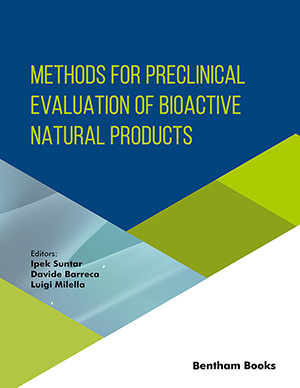Abstract
Background: Breast cancer (BC) produces bone resorptive cytokines and growth factors that accelerate the development of osteoclasts (OCs), leading to osteolytic bone metastases. In the Long-term Odanacatib Fracture Trial (LOFT), the skeletal-metastasized breast cancer subjects who received odanacatib (ODN) had a delayed tumour progression and skeletal tumour burden as a result of anti-resorptive effects through inhibition of cathepsin K (CTSK). In this study, we explored the effect of ODN, a CTSK inhibitor, on the paracrine pro-osteoclast activity of breast cancer cells.
Methods: An immunohistochemistry study was performed to demonstrate CTSK and PTHrP expression in the samples of primary breast carcinoma. Expression of CTSK mRNA and protein was confirmed by the reverse transcription PCR and western blotting analysis in two human breast cancer cell lines, MDA-MB-231 and MCF-7 BC cell lines. Cells were incubated with sub-lethal amounts of ODN, and their conditioned supernatants were assessed for their capacity to differentiate PBMCs of healthy donors into osteoclast and its interference on bone-resorbing activities. We also measured the mRNA levels of major pro-osteoclast (pro-OC) factors in ODN-treated breast cancer cells and their secreted levels by semi-quantitative reverse transcription PCR and protein expression by immunoblotting.
Results: Different staining intensity was observed in samples containing PTHrP and CTSK in various histological grades of breast carcinoma. A significant positive relationship was found between CTSK expression and histological grade of BC and presence or absence of distant metastasis. The present study results also indicate that ODN has no effects on OCs number, however, ODN decreases the mRNA expression of secreted pro-OC factors such as PTHrP, CXCR-4, and TNF-α. Immunoblot indicates that ODN treatment decreased the protein expression of CTSK, IL-6, and IL-1β, and thus lowered protein levels paralleled the defective phosphorylation of NF-κB. Moreover, there was a significant reduction in the level of growth factors such as IGF-1, PDGF, and TGFβ expression at transcriptional level after ODN treatment as compared to control.
Conclusion: ODN has shown to prevent osteolytic metastasis by interacting with the NF-κB pathway, inhibiting bone resorptive cytokines and growth factors. This effect can also be taken into account the delayed development of metastatic bone disease found in the long-term odanacatib fracture trial (LOFT) study.
Keywords: Cathepsin K, odanacatib, osteoclast, cytokines, growth factors.






























